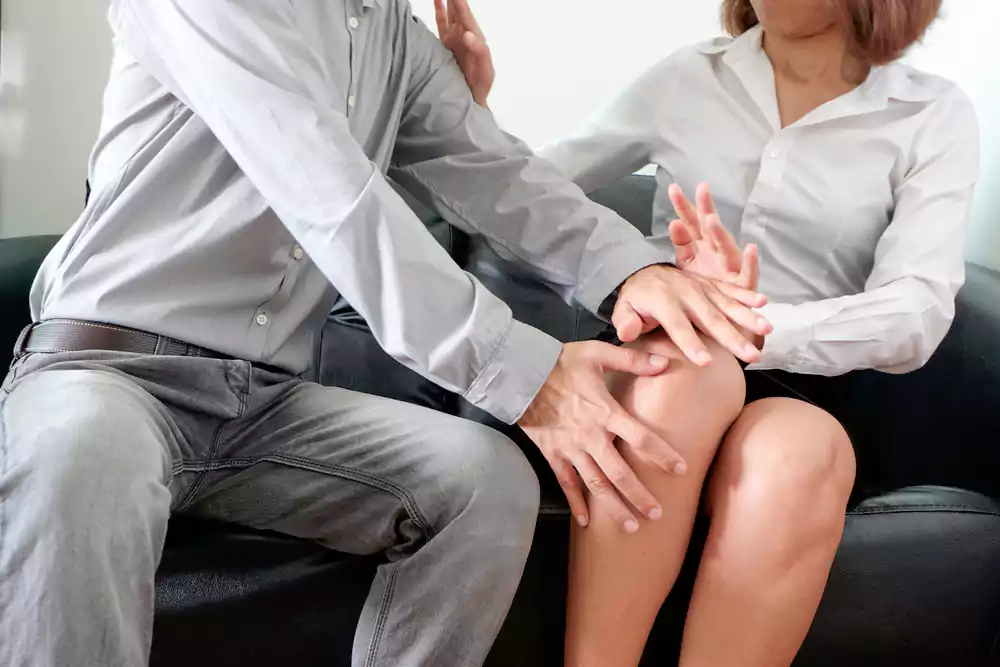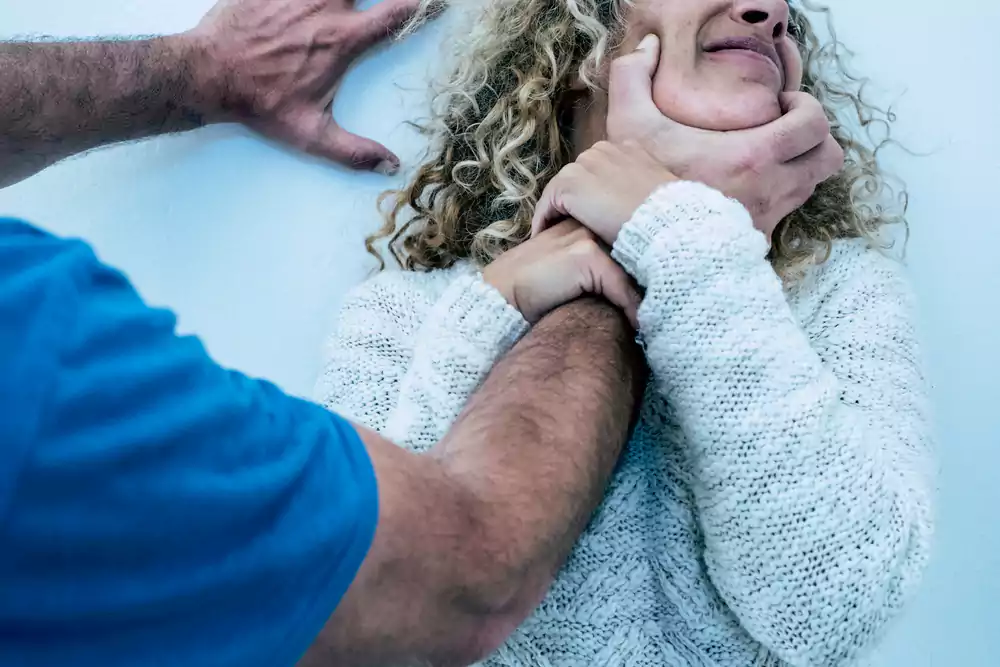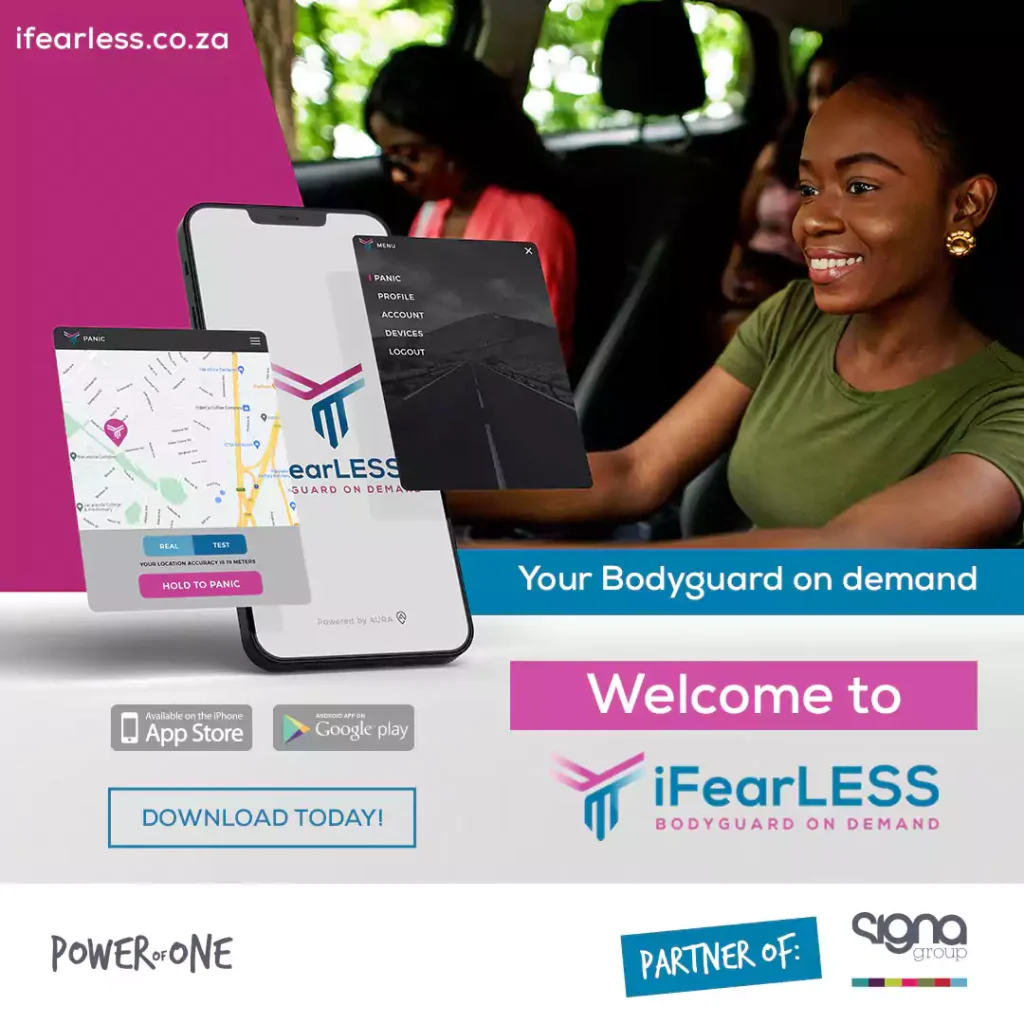The shadow of gender-based violence and child abuse looms large over South Africa, creating a crisis that touches every community. For too many South Africans, home is not a sanctuary but a place of fear. These women and children abuse violence leaves lasting scars, not just on individuals, but on the very fabric of South African society. To combat this issue requires more than just awareness; it demands action, support, and accessible tools for those in need.
This article explores the difficult reality of abuse for women and children in South Africa. We will look at the scale of the problem, the different forms abuse can take, and the cultural factors that allow it to continue.
Most importantly, we will outline the pathways to safety and support, highlighting how technology like the iFearLESS app is providing a new lifeline for those seeking help and justice.
The Scope of the Women and Children Abuse Crisis
Gender-based violence (GBV) and child abuse are deeply rooted problems in South Africa. For so many years the statistics paint a grim picture and reality of a nation where women and children are disproportionately affected by violence at their home, workplace or on the road. This isn’t just a headline; it’s the daily reality for countless individuals living in South Africa.

The issue is so severe that it is often referred to as the “second pandemic.” The violence takes many forms, from domestic abuse and sexual harassment in workplaces to emotional and financial manipulation. Children are not only direct victims but also silent witnesses, suffering long-term psychological trauma from growing up in violent households. This cycle of violence often perpetuates itself, creating a generational crisis that is difficult to break.
Different Faces of Women and children Abuse in South Africa
As you might know, abuse is not always physical. So recognizing the various forms as a concern citizens can help you take is the first step toward identifying it and seeking help.
Physical Abuse
This is the most visible and common form of abuse across the world, and this includes any act of violence that causes physical harm to women and children. In South Africa, reports of assault are tragically common. Physical abuse can range from hitting by hand or with something, slapping, and kicking to life-threatening attacks with weapons. For children, this can include excessive or harsh corporal punishment.

Emotional and Psychological Abuse
Emotional abuse can be subtle but is incredibly destructive and sometimes it can be treated as a secret killing weapon. It aims to chip away at a person’s self-worth and independence. This includes:
- Constant criticism, insults, and humiliation.
- Threats of violence against the victim, their children, or their loved ones.
- Gaslighting, this involves manipulating someone into questioning their own sanity and perception of reality.
Sexual Abuse
Sexual abuse involves any unwanted or forcefully one party’s sexual act or behavior by one party upon a person. In the context of domestic violence, this includes marital rape, which is a crime in South Africa. The trauma and mental torture from sexual abuse is profound and it can have lifelong effects on a women and children’s mental and physical health.
Financial Abuse
This form of abuse involves controlling a person’s ability to acquire something, use something, and maintain financial resources:
- Prevent their partner from working or getting an education.
- Control all the household finances, providing only a small “allowance.”
- Steal money from their partner or run up debts in their name.
- Force their partner to account for every cent spent.

Financial abuse is a powerful tool for trapping victims in a relationship, making it feel impossible for them to leave and support themselves and their children.
Why Breaking the Silence is So Difficult
Despite the prevalence of abuse, many victims suffer in silence. Several factors in South Africa contribute to creating a complex web that is difficult to escape.
- Fear and Intimidation: The most immediate barrier is fear. Abusers often threaten to harm or even kill their victims or children if they try to leave or report the abuse.
- Economic Dependence: Many women in South Africa, especially those with childrens, are financially dependent on their abusers. The fear of poverty and homelessness is a powerful deterrent to leaving.
- Social and Cultural Pressure: In some communities, there is immense pressure to keep family matters private. Victims may be shamed or ostracized for speaking out, and they may be told it is their duty to keep the family together at all costs.
- Lack of Faith in the Justice System: Many victims feel that the justice system will fail them and they will be exposed to society without any hope. They may fear that the police will not take them seriously, that obtaining a women and child protection order will be too difficult, or that their abuser will not face any real consequences.
A New Lifeline: The Role of the iFearLESS App
In an environment where reaching out for help can be dangerous and complicated, technology is emerging as a powerful ally. The iFearLESS app is a must have mobile app and this innovation designed specifically for the South African context. The app provides a discreet and immediate way of armed response for victims to seek help without alerting their abuser.
So, how does it work?
The iFearLESS app acts as a silent panic button on a user’s smartphone. With a simple, pre-set action—like shaking the phone or pressing a button—the app sends an emergency alert to a network of pre-selected contacts, including trusted friends, family, and local security services. The alert includes the user’s live GPS location, allowing for a rapid response.
This technology is a game-changer for several reasons:
- Discretion: It allows a person to call for help silently, which is crucial when an abuser is nearby.
- Immediacy: It instantly notifies a support network or the app control room, cutting down response times in any critical situations the user faces across South Africa.
- Empowerment: It gives victims a sense of control, peace of mind and a direct line to safety from an armed response team, which can be a powerful antidote to the helplessness that abuse fosters.

By integrating with local community policing forums and private security companies, the iFearLESS app helps bridge the gap between a cry for help and effective, on-the-ground intervention.
Get iFearLESS App installed on Your Smartphone to Report and Rapid Assistance
Download on-
Your Path to Safety and to Lead a Peaceful Life
If you or someone close to you is facing abuse, know that support is out there and you don’t have to go through it alone. Reaching out for help may feel difficult at first, but it’s the beginning of moving toward safety and recovery.
- Acknowledge the Abuse: Know that what is happening with you is not your fault. No one deserves to be abused.
- Reach Out to Someone You Trust: Reach out to someone you trust—whether it’s a friend, family member, or colleague. Speaking up can ease the weight of isolation and help you feel supported.
- Use Available Resources: Organizations across South Africa are dedicated to helping victims of abuse. They offer everything from counseling and legal advice to safe houses.
- Leverage Technology: Download and set up a personal safety app like iFearLESS.
Conclusion:
The fight against women and children abuse requires a collective effort. It needs communities to reject violence, legal systems to protect the vulnerable, and individuals to support one another. Technology like the iFearLESS app provides an essential tool in this fight, offering a practical lifeline for those in immediate danger.
Let’s commit to creating a South Africa where every home is a safe haven and where every woman and child can live without fear.






